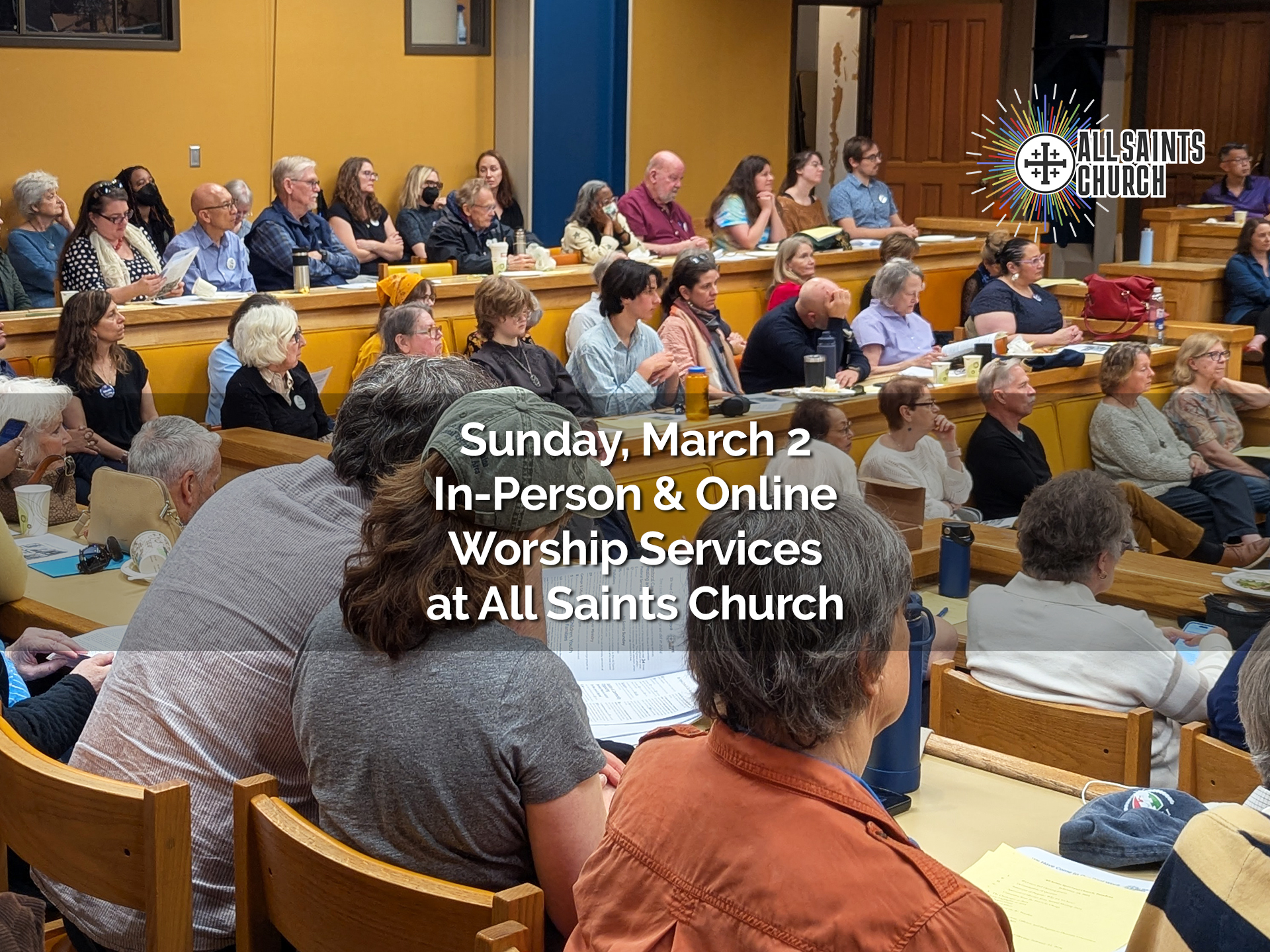The Episcopal Church has an official policy position calling for progressive taxation that minimizes the tax burden on low-income Americans. The bill adopted this week by the House of Representatives reduces or eliminates some taxes on the wealthiest Americans, while asking those who are economically disadvantaged to do more. Most notably, the Congressional Budget Office determined that the bill would result in a deficit increase of $1.7 trillion (meaning future cuts to federal assistance programs). Therefore, as people of faith committed to Jesus’ call to care for the “least of these” we oppose this bill — and are putting our faith into action this week by speaking out to our members of Congress. Visit the Action Table on the lawn to sign this letter to your Senators and Congressional Representative. (Click here if you need to find out who your Representative is.)
Background:
EPISCOPAL PUBLIC POLICY NETWORK – ACTION ALERT ON THE TAX BILL
On November first, a proposed new tax bill was introduced into the House of Representatives, and the Senate Finance Committee released a preliminary tax plan last week. Through the tax code, our nation raises necessary funds to support programs that keep our nation and communities safe, maintain essential public services and education, and provide the poor and needy with housing, food, and other forms of assistance. The tax code also promotes public values such as encouraging charitable giving, helping students and homeowners pay loans, promoting locally produced wind and solar energy, and more.
As a Church, we have policy that calls for progressive taxation that minimizes the tax burden on low-income Americans. This bill reduces or eliminates some taxes on the wealthiest Americans, while asking those who are economically disadvantaged to do more.
The distribution of burdens and benefits proposed in this bill would shift to become less equitable across the income spectrum, or in tax policy terms it would make our tax system more regressive and less progressive. Among other mechanisms, this is implemented through a 4.6% tax break for income between $480,000 – $1 million and a tax increase of 2% on the poor. The combination of this with the Congressional Budget Office’s determination that the proposed changes would result in a deficit increase of $1.7 trillion will result in the need for future budget cuts to programs that the most vulnerable among us depend on. Among programs expected to face cuts as a result are Medicaid, Medicare, housing assistance, and food assistance and many other programs that bare primary responsibility for the delivery of charity to those in need.
Background on the Church and Taxation
Taxation is one of the most critical functions of the federal government, and a powerful indicator of what our values are as a nation. The Church has affirmed the responsibility of Christians to support the work of caring for the most vulnerable through the payment of taxes.
The Church has policy in support of a progressive taxation system, in which higher income levels pay a higher percentage of taxes, with the aim of funding government social services that protect the most vulnerable and other public goods, such as infrastructure and national defense. These resolutions ask that we serve the poor both through private efforts and through the collective work of our elected government (2012-A080). Such policy is based on the understand that, “all things on heaven or on earth belong to God alone, and that all material wealth is held in human hands in trust for God, with a moral obligation to use it for the care of the poor and the needy.” We also recognize the need to ensure a growing American economy that provides jobs and opportunities.
Speak out for those who cannot speak, for the rights of all the destitute. Speak out, judge righteously, defend the rights of the poor and needy. — Proverbs 31: 8-9



